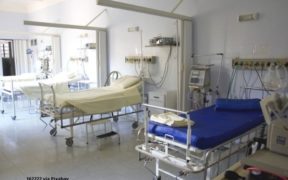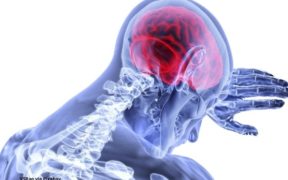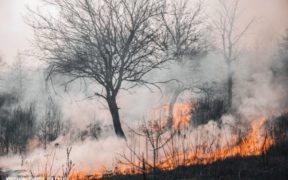
Scientists are developing a completely new ‘brain stress test’ tool for evaluating the mental status of patients with Parkinson’s disease, the second most prevalent neurodegenerative

As the COVID-19 pandemic has progressed, it has become clear that many survivors — even those who had mild cases — continue to manage a

Researchers at SAHMRI and Flinders University have conducted the largest ever meta-analysis of wellbeing studies from around the world to answer the question, ‘What’s the

Difficult-to-treat, chronic wounds in preclinical models healed with normal scar-free skin after treatment with an acellular product discovered at Mayo Clinic. Derived from platelets, the

The national rate of Staphylococcus aureus bloodstream infections (SABSI) in public hospitals remains under the benchmark, according to a report released by the Australian Institute of Health

New research finds that children who were breastfed scored higher on neurocognitive tests. Researchers in the Del Monte Institute for Neuroscience at the University of

Brain changes in people with Alzheimer’s disease and in those with mild traumatic brain injuries (TBIs) have significant similarities, a new USC study shows, suggesting

Drawing on epidemiological field studies and the FrenchCOVID hospital cohort coordinated by Inserm, teams from the Institut Pasteur, the CNRS and the Vaccine Research Institute

Wildfire smoke can trigger a host of respiratory and cardiovascular symptoms, ranging from runny nose and cough to a potentially life-threatening heart attack or stroke.

For the first time, a study has shown a clear link between the frequency and duration of unconscious wakefulness during night-time sleep and an increased

Middle-age and older people living in more disadvantaged neighbourhoods — areas with higher poverty levels and fewer educational and employment opportunities — had more brain